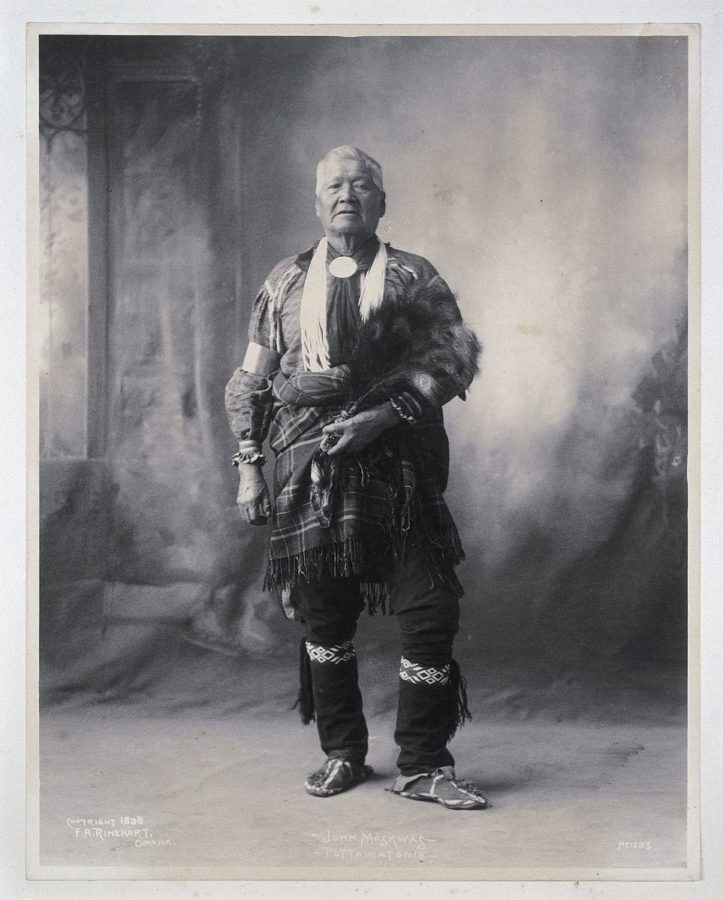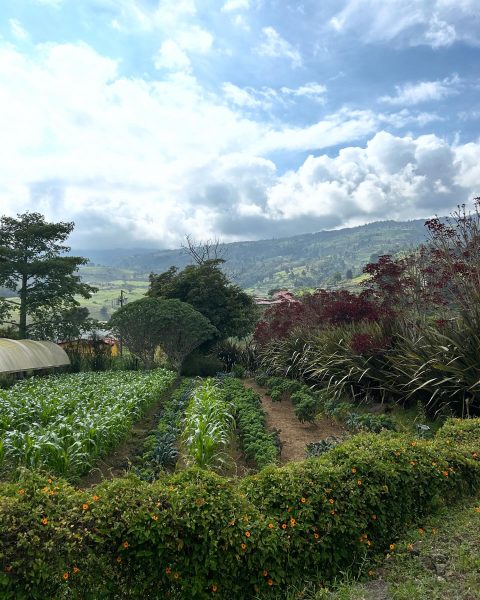Native American Heritage Month: The history of Native Americans local to Lake Forest
Photo by Creative Commons
Portrait of John Maskwas, a Potawatomi tribe member, 1898.
December 8, 2021
The area of and surrounding Lake Forest played a prevalent historical role, in trade between Native American tribes up until the 1780s. The Kickapoo, and more so, the Potawatomi tribes organized and carried out an expansive trade route that extended all the way down to (what’s now) southwest Illinois. The Potawatomi, whose name translates to the “true people”, had strong relationships with the French settlers, with whom they established large-scale fur trade. They continued this relationship, fighting alongside the French, in combat with the English colonizers. Although the Kickapoo were forced west earlier by other Iroquois influence, (other Native tribes of southern Ontario and Quebec descent including: Mohawk, Oneida, Seneca, Onondaga, Cayuga, and Tuscarora), the Potawatomi remained strong. This was up until the 1840s where they, through years of struggle and honorable fighting, eventually faltered and were forcibly moved. For years before the final relocation, multiple treaties were signed between Potawatomi leaders and the establishing U.S. government, All of which had been broken in 1840, the tribe had to give up their land in a hostile exchange for removal to Iowa and Missouri. Over 150 tribe members died in the removal process, most of which were children.
As for Native American Heritage month, we should learn the histories and understand the significance of our more local tribes here at Lake Forest Academy. Both of these tribes, and the others with whom they interacted with, are under-represented groups in both our nation and our local communities. On this issue, history teacher Sam Wold said: “Not much of a voice given to the history of Native Americans, especially the tribes around here.” Wold went on to emphasize that the Potawatomi did not give up without a fight, and fought honorably to keep their land from their oppressors. This is a part of our history that should not be forgotten. For Wold, “it’s all about respect and recognizing that these people came before us, and took care of the land. Native Americans protected the land, took care of the land, and the land took care of them.”













